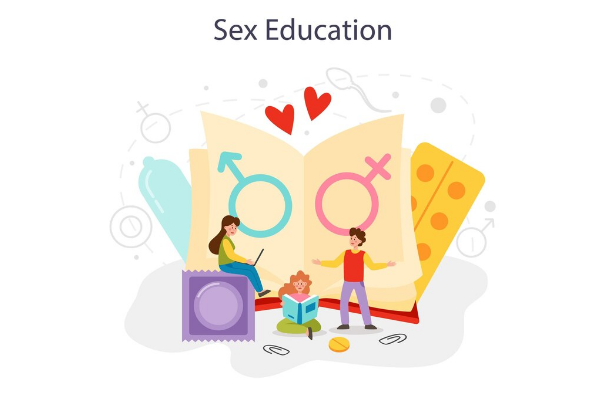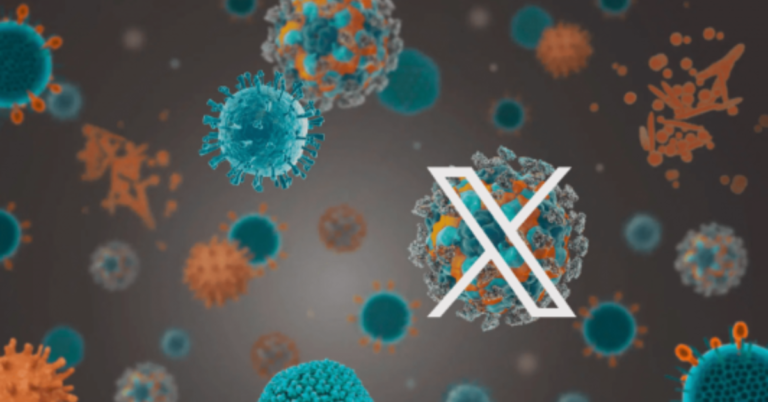Breaking Taboos:
The Unspoken Realities of Abortion Experiences
In a world where conversations surrounding abortion are often hushed, it’s crucial to shed light on the unspoken realities that many individuals face when navigating this deeply personal choice. Abortion, a topic often veiled in secrecy and societal stigma, warrants a closer examination. In this article, we delve into the unspoken realities of abortion experiences, aiming to break taboos and foster open conversations surrounding this crucial aspect of reproductive health.
Table of Contents
Understanding Abortion Choices
Abortion Decisions and Women's Autonomy
The decision to undergo an abortion is a profoundly personal one, influenced by a myriad of factors. It’s essential to acknowledge and respect the autonomy of women in making choices about their own bodies. Personal decisions regarding abortion are deeply nuanced and vary based on individual circumstances. In doing so, we break away from the societal stigmas that surround abortion.
Medical vs. Surgical Abortion
What You Want to Be aware
When contemplating abortion, individuals often face the decision between medical and surgical procedures. Exploring the differences, benefits, and potential challenges of each option empowers those navigating this choice to make informed decisions aligned with their unique circumstances.

Navigating the Emotional Terrain
The Emotional Impact of Abortion
Addressing the emotional toll of abortion is crucial for fostering understanding and empathy. From relief to grief, individuals experience a range of emotions post-abortion. Acknowledging and normalizing these feelings is an integral part of the healing process.
Support Systems: Building a Network of Understanding
Having a strong support system is paramount for individuals going through the abortion experience. Whether its friends, family, or professional counselors, creating a network of understanding can significantly contribute to emotional well-being during and after the process.
The Legal Landscape
Navigating Abortion Laws: A State-by-State Overview
Abortion laws vary significantly across states, adding complexity to an already sensitive decision. Understanding the legal landscape provides clarity for individuals considering abortion, ensuring they are aware of their rights and restrictions based on their geographical location.
Challenges and Advocacy in Abortion Rights
Despite progress, abortion rights face ongoing challenges. Advocacy plays a pivotal role in safeguarding these rights and fostering an environment where individuals can access safe and legal abortion services without unnecessary barriers.
The Role of Comprehensive Sex Education

Educational Initiatives on Reproductive Health
Comprehensive sex education is crucial in dispelling myths and fostering informed decision-making. We explore the importance of educational initiatives in breaking the cycle of misinformation surrounding abortion.
Medical Professionals and Abortion Advocacy
The role of healthcare providers in supporting reproductive rights is pivotal. We discuss the responsibilities of medical professionals and the broader advocacy efforts to protect women’s right to choose.
Addressing Myths and Misconceptions
Dispelling Common Myths about Abortion
Misinformation often perpetuates the stigmas surrounding abortion. By debunking common myths, we empower individuals with accurate information, enabling them to make decisions based on facts rather than unfounded beliefs.
Impact on Mental Health
Abortion can have significant implications for mental health. Addressing this aspect, we explore the psychological toll and coping mechanisms individuals employ to navigate the aftermath of the procedure.
The Future of Abortion Conversations
Shifting the Narrative: A Call for Open Conversations
Breaking taboos around abortion requires a collective effort to shift societal perspectives. Open conversations, devoid of judgment, pave the way for increased understanding, empathy, and support for individuals navigating the complexities of abortion.

Shifting Cultural Perspectives
Signs of changing attitudes towards abortion are emerging. This section examines these shifts and underscores the role of education and awareness in challenging traditional views.
Conclusion
In concluding this exploration of the unspoken realities of abortion experiences, it is evident that fostering understanding and empathy is paramount. By embracing open conversations, dispelling myths, and advocating for comprehensive sex education, we contribute to a society that supports individuals in making informed and empowered choices regarding their reproductive health. Breaking taboos surrounding abortion is not just a necessity; it is a step towards a more compassionate and empathetic world.

10 Proven Benefits of Bananas for Health and Well-being
Bananas are known for their natural sweetness, ease of peeling and rich nutrition. This makes them one of the most commonly consumed fruits in the world. Though bananas originated in

Disease X: The Next Pandemic?
Emerging infectious diseases pose one of the greatest threats to human health and global stability. One of them, “Disease X” has intrigued scientists and WHO, as it represents the potential

The Remarkable Benefits of Eating Acorn Squash in Winter
Acorn squash has all the qualities that make it special. Winter calls for warmth, comfort, and nutrition, and acorn squash provides all of these. This vegetable is not just delicious

Omega-3 Fatty Acids
Omega-3 fatty acids play a very important role in the nutrients needed to maintain overall health. As people are getting to know about it, its popularity is increasing day-by-day. These
Frequently Asked Questions (FAQ’s)
Abortion laws vary globally, with some countries permitting it under certain circumstances and others imposing restrictions.
Offer non-judgmental emotional support and help them access reliable information and resources.
Stigma varies based on factors like cultural background, societal norms, and individual circumstances.
Research suggests that legal and safe abortion procedures do not pose significant long-term health risks.
Reputable organizations such as Planned Parenthood and WHO provide accurate information on reproductive health.